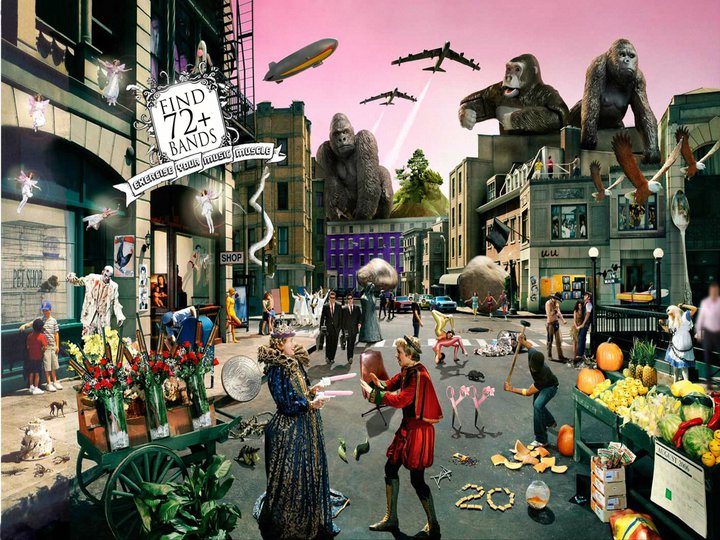One of the most commonly asked questions and discussion topics in the karaoke world is usually about how legal something is with regards to purchasing music and public performances. We felt the need to write this little summary as it seems there are way too many varying opinions out there, and if you were to read just about any public karaoke forum on the subject, you’d be bombarded with a host of answers, a lot of which are incorrect.
Because this is a topic of legal discussion, I must first legally disclose the fact that I am not an attorney, and that if you have any legal matters regarding this topic, you should indeed consult an attorney first. This is simply a topic that we’ve researched and compiled some basic understandings of the laws on this subject. This article and the information we are forwarding is with respect to laws governing the United States, and if you’re operating in another country, although they most likely have some similar rules, there are a few countries that vary greatly, so again, you should consult an attorney in your country.
There are two general licenses that a KJ or DJ needs to concern themselves with in regards to making sure they’re not violating any copyrights or required licenses. The first of which is the license to use the music, CD, or music track purchased. Most recorded music in this country is distributed through vendors or record labels. With regards to karaoke, since tracks are usually simply copies of the original music by the original artist, you’re not dealing with a record label, but simply a vendor who is licensing the music. The vendor (or karaoke producer) has licensing agreements with the music publishers, and the music publishers are the ones who represent the original artists and make deals on their behalf. Every publisher is different and every artist is different. Artists have the right to say they don’t want their music ever produced in karaoke format, and that is their option. The music publishers make contracts with the karaoke vendors to only sell the songs that they approve and that are for the artists they represent. As a KJ, you want to purchase tracks from vendors that have contracts with the appropriate music publishers and are properly paying their royalty fees to the publishers, which eventually go to the artists as well. The cost you pay for the track or disc should already include these licensing fees, and you shouldn’t have to worry about paying anything separate. There have been vendors in the past that have not paid their royalty fees properly, and the music publishers will come after the vendor for that, but this isn’t something that they would normally come after the KJ for.
One of the most common confusions for KJs comes when a vendor states that a track is not for commercial use or a disc or track is labeled “for private use only”, and this is where the second type of license comes into play. Virtually all music (not just karaoke) is labeled this way, and this is a requirement of the music publishers. When you ask a karaoke vendor if a track is for private use only, they are basically required under contract to indeed confirm this, and this is because that is all their license allows them to use the music for. This would lead to the obvious question “if all CDs are for private use only, how do they fill jukeboxes with them and play them in public?”. The moment any copyrighted music is played in public, it then falls into a different category of music licensing designed solely for public performances. This type of license covers everything from live bands, to jukeboxes, to DJs and KJs playing music, to even the non-paid guest karaoke singers who are performing the songs.
Public performance licenses are generally the responsibility of the venue, and those fees are usually paid through BMI and ASCAP. As a KJ, you want to make sure your venue is paying these fees and that they’re paying the appropriate fees. Most venues that are regularly paying their fees will have an ASCAP or BMI sticker right on their front door. Although publishers will generally come after the venues for these fees, depending on the situation, they could have legal recourse against the KJ as well if they’re not paid, so it is important that you only take gigs at venues that have paid these license fees in advance.
For more information about public licensing fees,
visit the site of ASCAP (The American Society of Composers, Authors, and Publishers)
http://www.ascap.com/licensing/licensingfaq.aspx
or the site of BMI (Broadcast Music, Inc.)
http://www.bmi.com/licensing/faq/

